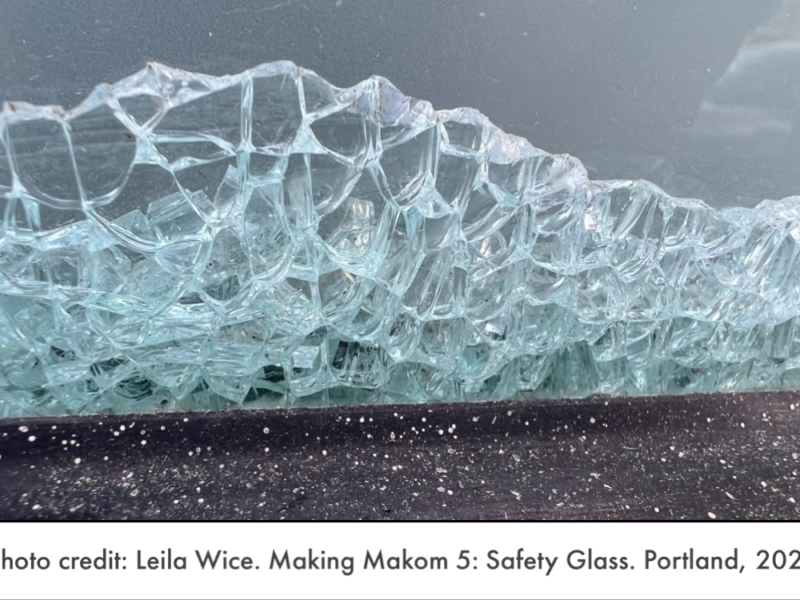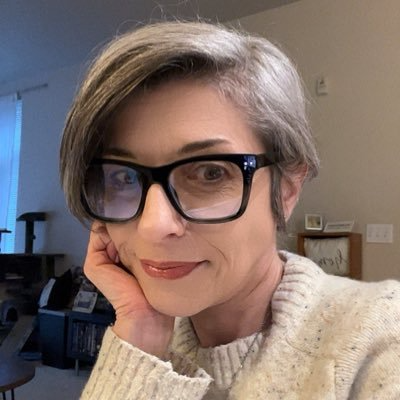When the Nazis brutally emptied the Lvov Ghetto in 1943, a small group of Polish Jews had several frantic seconds to make a life-or-death choice: The hell above or the hell below.
Following shouted orders meant deportation to the death camps, although they didn’t know that. What they could be certain of was that the Nazis didn’t have their best interests in mind.
The only option was vanishing into the stinking sewer system underneath the city, with their small children and some valuables, and dealing with survival a day at a time.
Agnieszka Holland’s brilliantly executed real-life drama, “In Darkness,” is a quintessential example of the current state of the Holocaust film. More than 60 years after the war, filmmakers have shifted their focus from documenting history to examining human behavior under extreme stress.
“In Darkness” is a riveting true story based on Robert Marshall’s 1991 nonfiction book, In the Sewers of Lvov. Holland’s goal, however, isn’t to bring to light (pun intended) these specific events so much as to highlight every shade of gray in what is a morally complex and harrowing drama.
“In Darkness,” which is Poland’s official submission for the Academy Award for Foreign Language Film, opens in Portland in late February or early March.
The Jews aren’t saintly victims but flawed individuals understandably prone to bickering, paranoia and selfishness. It’s an unhappy cross-section, comprised of a couple of strong, street-smart ones willing to fight, a religious man and a family with the financial means to pay someone to supply food.
That someone is a non-Jewish sewer worker and grifter named Leopold Socha, a man of no allegiances who’s uncommonly skilled at assessing and plundering the rubble of war. He agrees to supply the Jews with food for a price, but even though he’s taking a huge risk, they harbor no illusions that he’s anything but a mercenary.
Socha is the movie’s fulcrum, for he is the one character who can freely (well, up to a point, given the Nazis’ presence) move above and below ground, crossing between the light and the darkness. The metaphor is unmistakable: Socha’s movement and actions are physical, but they reflect a flexible moral code.
Along with the continuous question of whether the Jews in the sewers will survive, this is the crux of the film. At some point in “In Darkness,” Socha represents every role that Poles played during World War II: collaborator, victim, opportunist and rescuer.
Born after the war, Holland – like fellow Polish directors Andrzej Wajda (“Korczak”) and Roman Polanski (“The Pianist”) – has long grappled with the behavior of her countrymen during those dark years. Holland, whose father is Jewish, wrote and directed “Europa Europa,” the astounding 1990 film based on German Jew Salomon Perel’s improbable saga of survival.
The real fascination of “In Darkness,” narrative tension notwithstanding, is watching Holland navigate the nuances of Socha’s behavior without apologizing for or excusing the Poles. She’s equally rigorous about avoiding simplistic and comforting scenes as the film gradually morphs into a tale of deepening trust on both sides, the kind that’s earned when people do more than what’s required of them.
“In Darkness” is the kind of movie in which every character’s decisions, no matter how unlikable or unfortunate, are completely understandable. One consequence is that it’s impossible to watch “In Darkness” without contemplating what you would have done in similar circumstances.
Resolutely adult and deeply satisfying, “In Darkness” gives us a visceral experience of having gone through something unimaginable. Instead of leaving us with pat endings and familiar emotions, though, it prods us to ask ourselves the kind of questions very few movies do.
Michael Fox is a San Francisco film critic and journalist.





